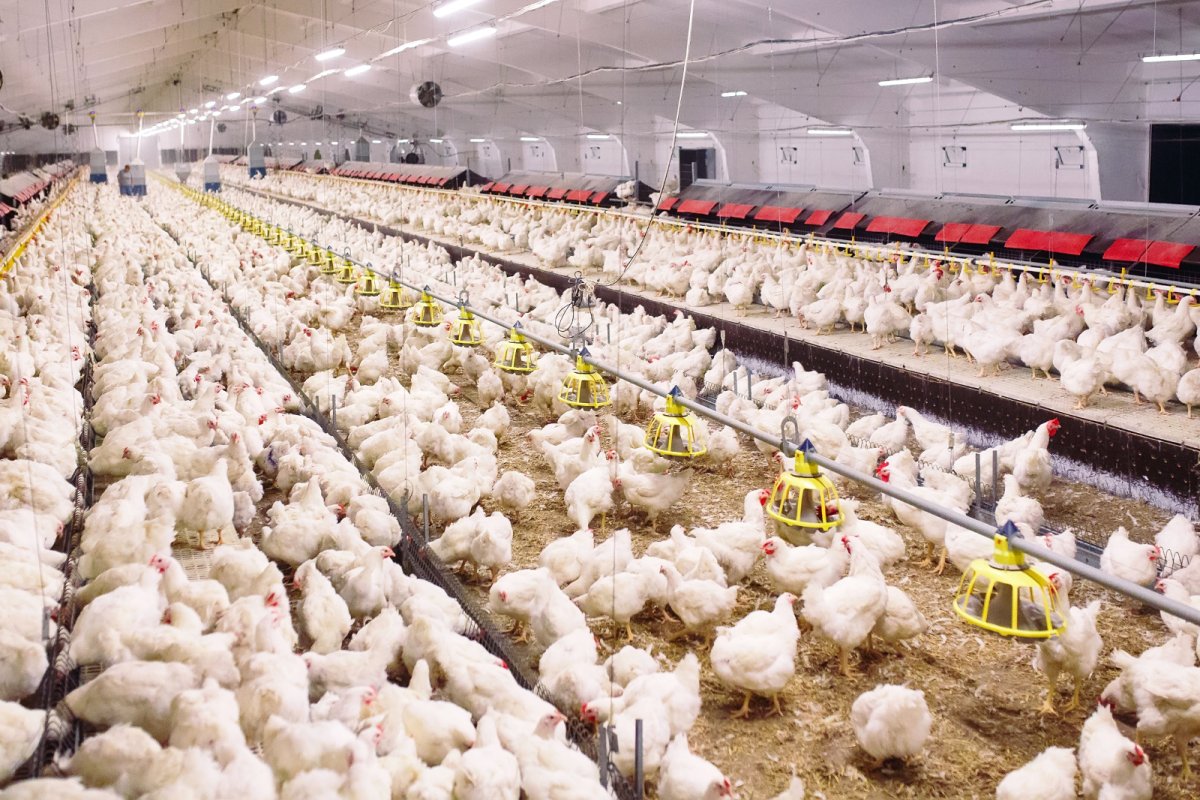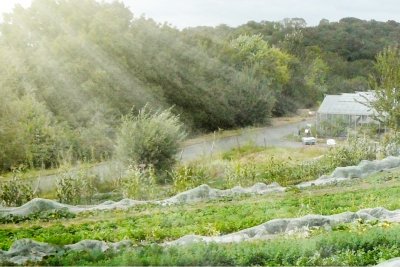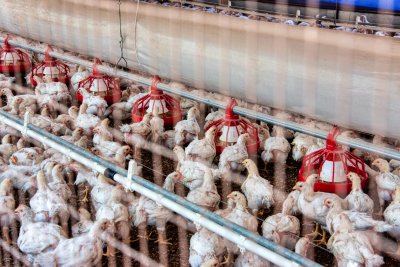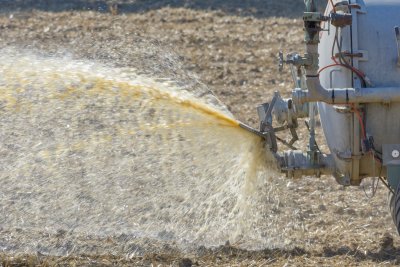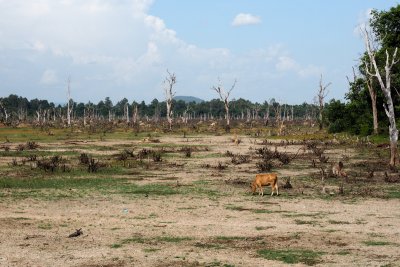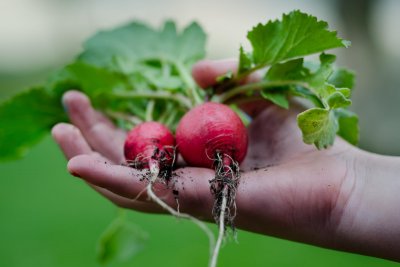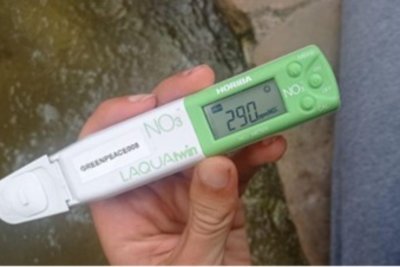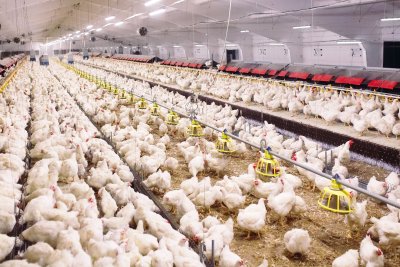 Indoor chicken farm. Copyright: David Tadevosian shutterstock
Indoor chicken farm. Copyright: David Tadevosian shutterstock
Factory farm corporation owns up to links between chicken litter and pollution
Major industrial chicken company, Avara Foods, has announced a plan to stop selling animal waste inside the River Wye catchment area. However, as most UK rivers don't meet good ecological status and soils in all English regions are oversaturated, this will do little to save UK rivers.
The River Wye's largest poultry supplier, Avara Foods, said its supply chain will no longer sell litter from poultry units to be used as fertiliser on fields within the river catchment, following the increase in nutrients washing into the river and decline in the rivers' health. However, the company has not publicly set any firm dates for meeting this commitment, nor a plan for ensuring the litter won't pollute other rivers.
Avara’s CEO Andy Dawkins described the reasons for the change in policy as “self-evident”, following sustained campaigning and mounting evidence of the connection between intensive livestock units and river pollution. Intensive livestock produces over 100 busloads of toxic animal waste every single hour in the UK. This waste is commonly spread on land untreated, and can run off into rivers.
While this announcement is a testament to the success of local campaigners bringing public attention to the issue, there are concerns that the move will simply cause greater river pollution elsewhere, and could even excuse further expansion of livestock farming along the Wye. Soils in every region in England are oversaturated with nitrogen and all but one has a surplus of phosphorus. Spreading extra manure anywhere therefore risks increased problems with soil, water and air quality.
Avara has also pledged to support farmers into gaining Red Tractor assurance for soil and nutrient management. However, the Red Tractor standard has been found to be insufficient for preventing pollution. Environment Agency officers investigating north Devon cattle farms between 2016 and 2020 found that almost every farm causing river pollution by slurry mismanagement was Red Tractor assured.
Sam Hayward, campaign officer for food for the planet at Sustain said;
"Avara Foods' solution to the devastating situation in the river Wye is to dump the problem somewhere else. They haven't said how they will make sure their waste doesn't pollute other areas, and there are no rivers that can take more pollution. The ongoing failure of large agribusinesses to take responsibility for harming our precious countryside in the pursuit of profit means we need local councils more than ever. We are urging councils to join Planning for the Planet and commit to using their planning powers to protect our rivers."
Planning for the Planet is helping councils to ensure that all applications for agriculture developments fully disclose their impacts and have robust emissions assements and a waste management plan. Find out more here.
Food for the Planet: Food for the Planet is helping local authorities, businesses and organisations take simple actions to tackle the climate and nature emergency through food.
Sustain
The Green House
244-254 Cambridge Heath Road
London E2 9DA
020 3559 6777
sustain@sustainweb.org
Sustain advocates food and agriculture policies and practices that enhance the health and welfare of people and animals, improve the working and living environment, promote equity and enrich society and culture.
© Sustain 2024
Registered charity (no. 1018643)
Data privacy & cookies
Icons by Icons8
